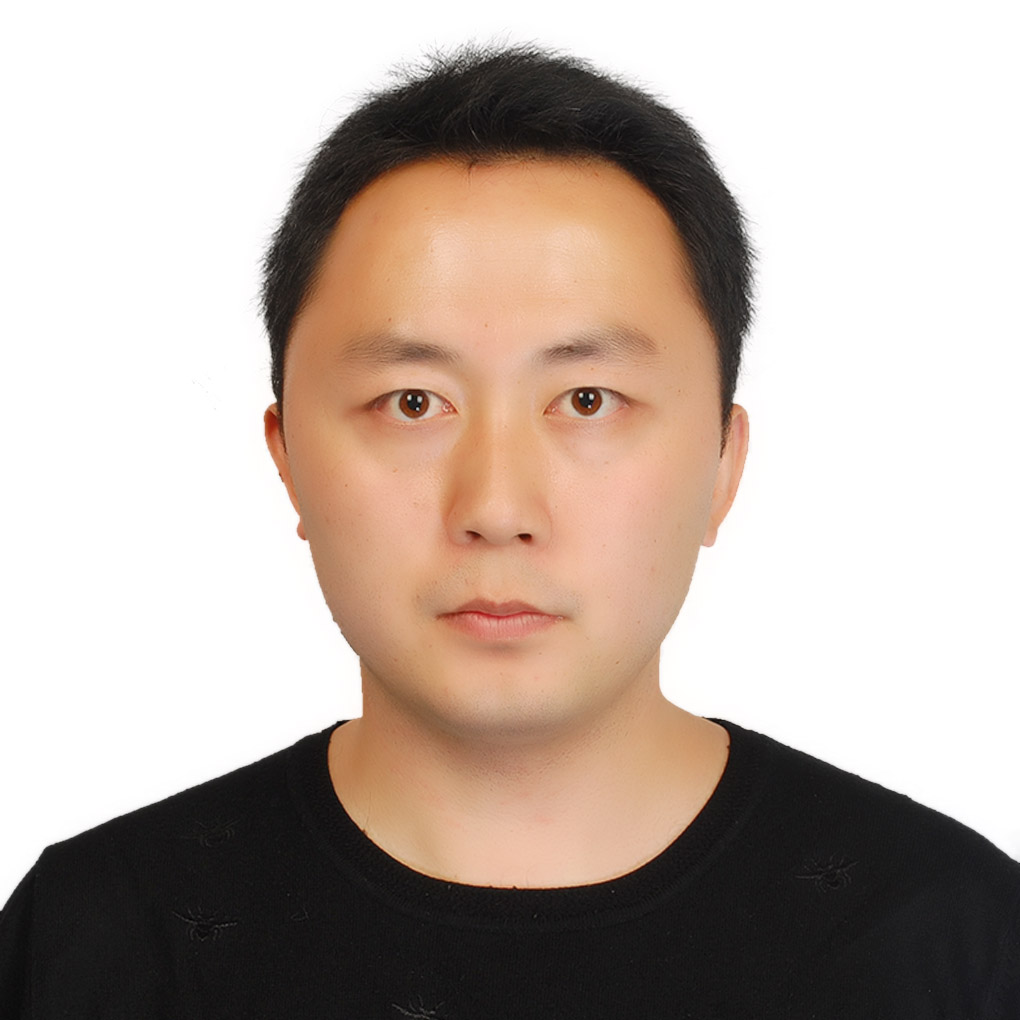| Speaker: Dongjie Wang
Date: Feb 5, 11:45am–12:45pm Abstract: Unlike humans, AI systems are brittle and not robust. They often struggle when faced with novel situations, and are highly sensitive to small perturbations, which can lead to catastrophically poor performance. These systems comprise two main components: the model and the data. In recent decades, research primarily focused on models, emphasizing advanced structures or algorithms to enhance AI performance. However, the data-centric aspect consumes most of the time and resources of human experts and greatly influences AI systems. Furthermore, the gains from the model-centric part are reaching a plateau. Thus, Dongjie shifted his research focus towards data-centric AI. In this presentation, Dongjie will introduce the concept of “transformation learning”, which refines the feature space by feature selection and generation. He will show two innovative research perspectives: 1) decision-making perspective and 2) generative-AI perspective. The first perspective formulates feature selection or generation as Markov decision-making processes and employs reinforcement learning to stimulate and accelerate both tasks. The second perspective views the two tasks from the generative AI side, which embeds discrete feature learning knowledge into a continuous space and quickly pinpoints the best embedding within the learned space. Then, the best embeddings are used to reconstruct the optimal feature space. Finally, he will conclude by discussing the future research directions and visions for the data-centric AI do main. Biographical Sketch: Dongjie Wang is pursuing a doctorate in computer science at the University of Central Florida. His academic focus revolves around data-centric AI, with particular interests in data-centric AI, causal graph learning, root cause analysis, outlier detection, spatial-temporal data mining, user profiling, and graph mining. Throughout his Ph.D. journey, he has gained precious industry experiences through internships at prestigious institutions such as Nokia Bell Labs, NEC Labs America and JD.COM Silicon Valley Research Center. He has published 25+ leading journals (e.g. TKDE, KAIS) and conferences (e.g. NeurIPS, KDD, AAAI, WWW). Notably, three of his papers (SIGSPATIAL2020, ICDM2021, ICDM2021) were recognized as best paper runner-ups. His innovative work on automated urban planning has garnered attention, resulting in media coverage from Synced AI and UCF Today. In addition to the research contributions, he also actively contributes to the academic community by serving as a PC member for certain prestigious conferences and journals, including KDD, IJCAI, AAAI, WSDM, CIKM, TNNLS, KBS, TBD. Location and Zoom link: 307 Love, or https://fsu.zoom.us/j/91518396119 |
||
Search FSU
Close SearchDEPARTMENT OF COMPUTER SCIENCE
College of Arts and Sciences


